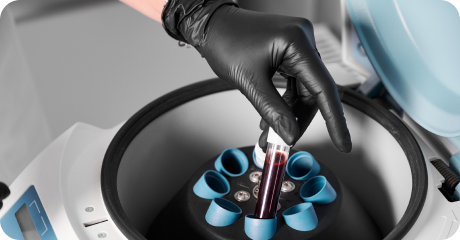- Call: +919990304304
- Email: info@drvikasmittal.com

ABPA is an allergic reaction in the lungs caused by the fungus Aspergillus, which colonizes the airways especially in patients with asthma or cystic fibrosis. In this the immune system reacts excessively to Aspergillus spores. It causes inflammation and damage to the airways. Leads to recurrent asthma exacerbations, mucus plugging, and sometimes bronchiectasis.
It can cause due to:
ABPA can be diagnosed by:
It is rare but occurs in some people who have asthma or cystic fibrosis.
ABPA is a complication in which the fungal allergy worsens asthma symptoms and causes lung damage.
Not completely, but its symptoms and lung damage can be controlled with treatment.
Yes, if it remains untreated it can cause bronchiectasis and fibrosis.